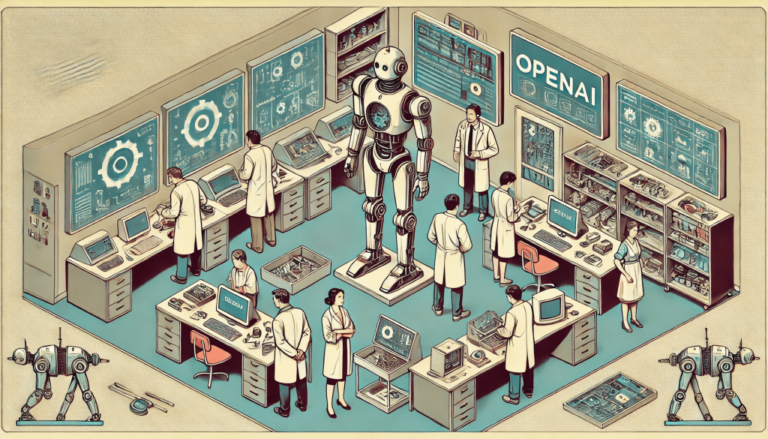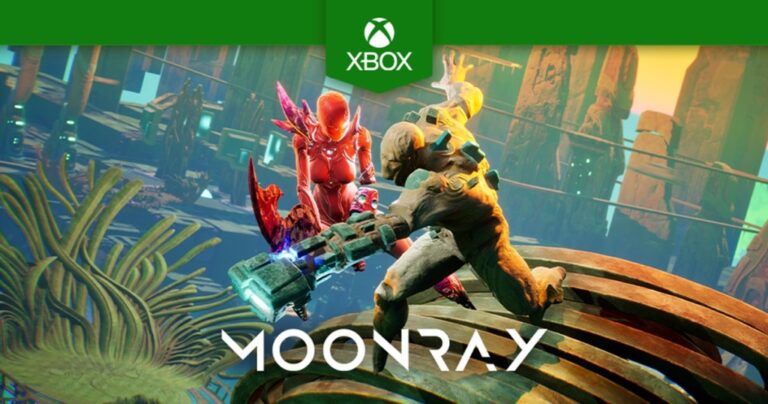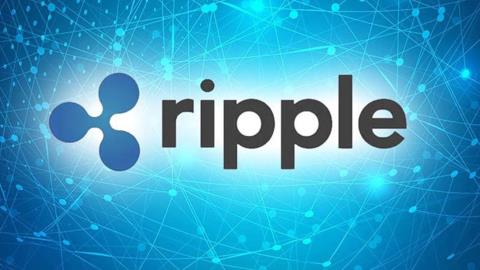Unlocking the Goldmine of Blockchain Gaming: Discover the Future of Play and Profit
Blockchain technology is revolutionizing the gaming industry by providing a decentralized system that enhances transparency and security. This innovation allows for authentic ownership of in-game assets and introduces lucrative play-to-earn (P2E) models, fostering trust between players and developers.
The Blockchain Advantage in Gaming
At its essence, blockchain serves as a decentralized ledger that ensures complete transparency and immutability. This technology significantly benefits gaming by:
- Enabling true ownership of in-game assets
- Creating new play-to-earn models
- Establishing trust between players and developers
In traditional gaming, assets like skins and weapons are tied to specific games and owned by developers. However, blockchain disrupts this model by tokenizing assets as NFTs, allowing players to own, trade, or sell them across different platforms. For instance, a sword obtained in one game could be utilized or sold in another, paving the way for a cross-game economy.
Emergence of Play-to-Earn Models
The Play-to-Earn (P2E) model is another groundbreaking concept in blockchain gaming. In this model, players earn rewards through gameplay rather than investing upfront cash. Popular games like Axie Infinity and Gods Unchained have demonstrated the model’s viability, with some players generating a full-time income from their gaming activities.
This model democratizes gaming, particularly benefiting players in regions with limited economic opportunities. It allows individuals to earn while enjoying their favorite games and creates a new category of professionals thriving in blockchain-enabled virtual economies.
Opportunities for Developers
Blockchain gaming is not only lucrative for players but also presents immense opportunities for developers. By integrating blockchain technology, developers can:
- Tap into a passionate and growing gaming community
- Automate reward distribution using smart contracts
- Reduce operational costs and minimize fraud risks
- Encourage collaboration through open architecture, fostering rich gaming ecosystems
Challenges on the Path to Gold
Despite its potential, blockchain gaming faces several challenges:
- Scalability: Many blockchain networks struggle with high transaction volumes, and high gas fees on platforms like Ethereum can limit user engagement.
- Learning Curve: Many gamers are unfamiliar with blockchain wallets, cryptocurrency exchanges, and NFT marketplaces, complicating onboarding for developers.
- Education: Significant efforts are required to educate users and create user-friendly interfaces for mass adoption.
The Road Ahead
While blockchain gaming is still in its nascent stages, its potential to disrupt the industry is enormous. As technology matures and more developers enter the field, barriers to entry are expected to decrease, leading to broader adoption.
The combination of gamification and blockchain will usher in innovative games that engage players while enabling them to earn wealth within decentralized economies. Additionally, regulatory authorities will play a crucial role in ensuring fair practices while fostering innovation in this new landscape.
Conclusion
Blockchain gaming represents a fusion of technology, creativity, and financial possibilities. It empowers gamers by granting them economic freedom and introducing fresh innovations for developers. With the right investments, partnerships, and strategic approaches, this untapped goldmine could become the cornerstone of the gaming industry’s next evolution.
For more information on blockchain gaming and its potential, visit Analytics Insight.







